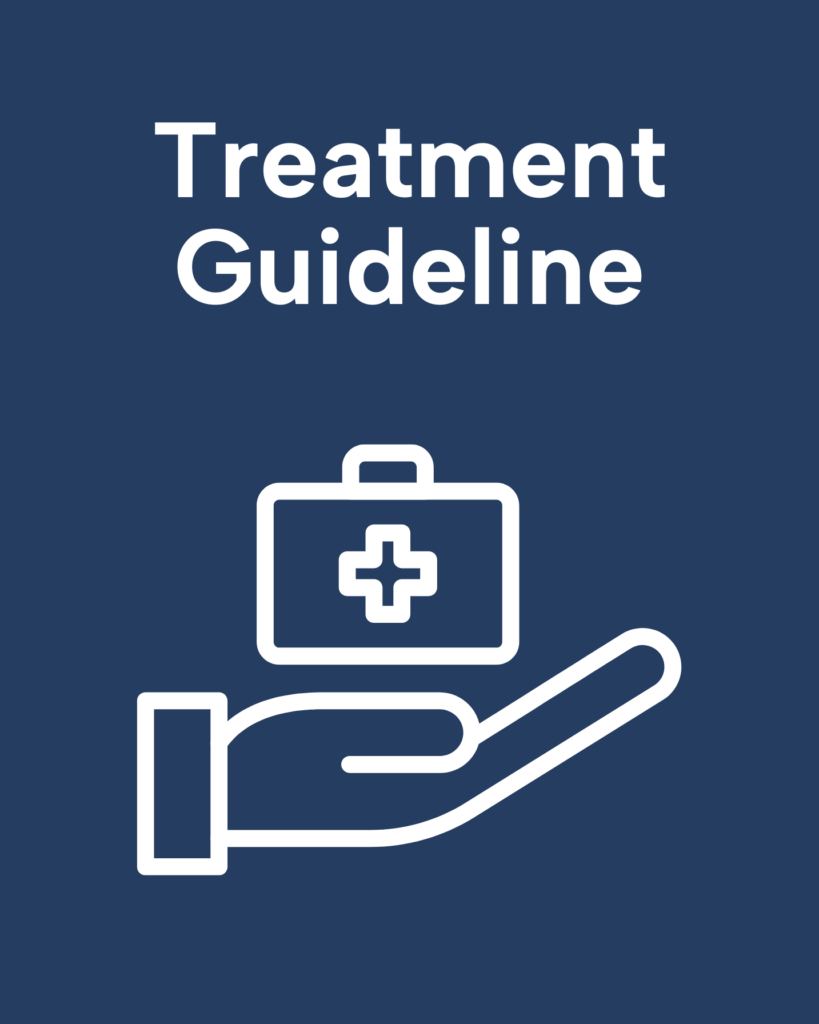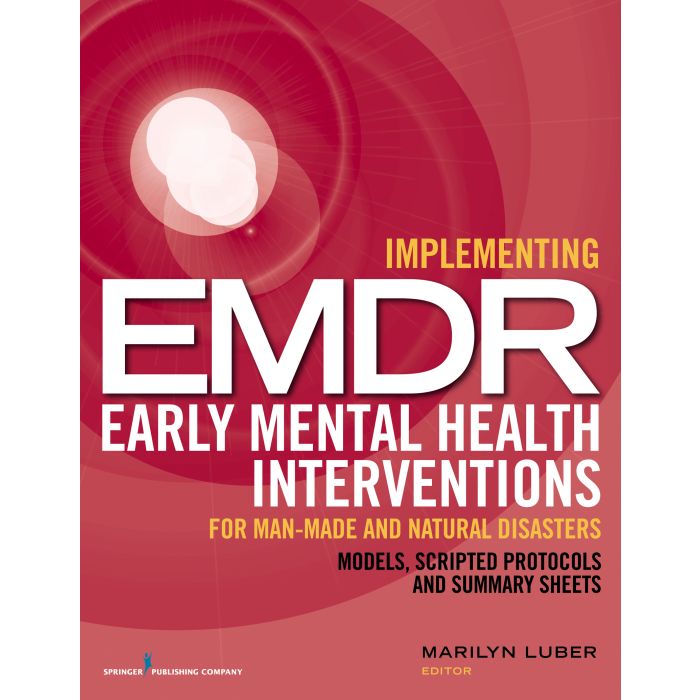Summary of the clinical practice guideline for the treatment of posttraumatic stress disorder (PTSD) in adults
This article is a summary of the American Psychological Association clinical practice guidelines for the treatment of posttraumatic stress disorder (PTSD).
Article Abstract
“The American Psychological Association (APA) developed a clinical practice guideline (CPG) to provide recommendations on psychological and pharmacological treatments for posttraumatic stress disorder (PTSD) in adults. This paper is a summary of the CPG, including the development process. Members of the guideline development panel (GDP) used a comprehensive systematic review conducted by the Research Triangle Institute-University of North Carolina Evidence-based Practice Center (RTI-UNC EPC) as its primary evidence base (Jonas et al., 2013). The GDP consisted of health professionals from psychology, psychiatry, social work, and family medicine as well as community members who self-identified as having had PTSD. PTSD symptom reduction and serious harms were selected by the GDP as critical outcomes for making recommendations. The GDP strongly recommends use of the following psychotherapies/interventions (in alphabetical order) for adults with PTSD: cognitive–behavioral therapy, cognitive processing therapy, cognitive therapy, and prolonged exposure therapy. The GDP conditionally recommends the use of brief eclectic psychotherapy, eye movement desensitization and reprocessing (EMDR), and narrative exposure therapy (NET). For medications, the GDP conditionally recommends the following (in alphabetical order): fluoxetine, paroxetine, sertraline, and venlafaxine. There is insufficient evidence to recommend for or against offering Seeking Safety, relaxation, risperidone, and topiramate. A subgroup of the GDP reviewed studies published after the systematic review for those treatments that received substantive recommendations; the GDP concluded that future systematic reviews that incorporated those new studies could change the recommendations for EMDR and NET from conditional to strong. For all other treatments, results of the update indicated that recommendations were unlikely to change or that there were no new trials for comparison. The target audience for this CPG includes clinicians, researchers, patients, and policymakers.“
—Description from publisher
Article Access
Purchase/Subscription Required
Guideline development panel for the treatment of PTSD in adults, American Psychological Association. (2019). Summary of the clinical practice guideline for the treatment of posttraumatic stress disorder (PTSD) in adults. American Psychologist, 74(5), 596-607. https://doi.org/10.1037/amp0000473
About the Journal
“American Psychologist®, established in 1946, is the flagship peer-reviewed scholarly journal of the American Psychological Association. As such, American Psychologist publishes current and timely high-impact papers of broad interest. These papers include empirical reports, meta-analyses, and other types of scholarly reviews. Topics cover psychological science, practice, education, and policy. Contributions often address issues of national and international significance, both with regard to the profession of psychology and its relationship to society at large. Published articles are written in a style that is accessible to all psychologists and the public.”
—Description from publisher
Date
February 12, 2019
Topics
PTSD
Practice & Methods
Efficacy
Extent
11 pages
Publisher
American Psychological Association
APA Citation
Guideline development panel for the treatment of PTSD in adults, American Psychological Association. (2019). Summary of the clinical practice guideline for the treatment of posttraumatic stress disorder (PTSD) in adults. American Psychologist, 74(5), 596-607. https://doi.org/10.1037/amp0000473
Audience
EMDR Therapists, Other Mental Health Professionals
Language
English
Content Type
Treatment Guideline
Access Type
External Resource





